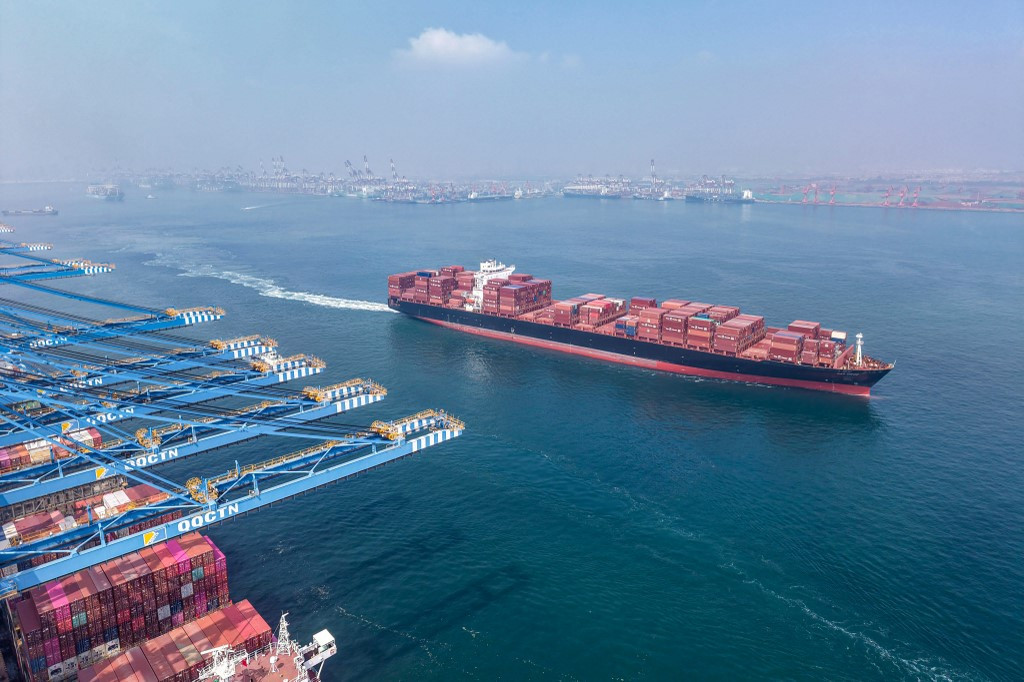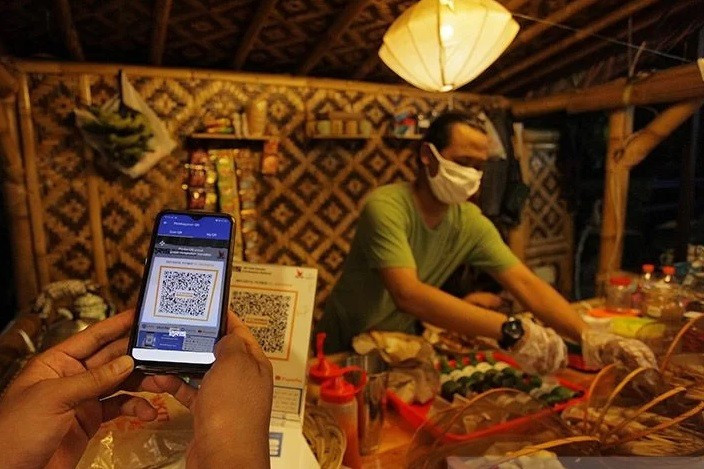Popular Reads
Top Results
Can't find what you're looking for?
View all search resultsPopular Reads
Top Results
Can't find what you're looking for?
View all search resultsSix rules for navigating the new abnormal
As the world grapples with multiple uncertainties, those with a sense of self-preservation that are also quick and nimble will come out on top.
Change text size
Gift Premium Articles
to Anyone
A
t the Asia Global Institute forum in Hong Kong on navigating the tariff war earlier this month, the consensus was that no one is immune to structural uncertainty where everything is happening all at once, no one knowing what exactly comes next.
Navigation is about planning and executing a journey, but you need maps, compasses and point of reference to know where you are and where you are going. Journeys across time and space need sound navigation, especially in troubled waters. Sailing is all about teamwork, but in today’s “nano-speed” changes, getting anything done is like repairing an airplane mid-flight: Any mistake could end up in a crash.
Some fundamental trends may guide us on the rules to navigate these uncertainties.
First, the United States-China rivalry that prompted the tariff war is a long-term trend that will not disappear soon. We all must be prepared for the weaponization of everything in this rivalry, from trade, money and talent to chips and technology. Assuming that the big powers are sensible enough to avoid mutually assured destruction from nuclear war, we can assume that all kinds of proxy wars or more conventional warfare will be experimented with in the current march to folly.
Second, consultants use the acronyms PEST (political, economic, social and technology) to assess the operating context and operating environment. They also use SWOT (strengths, weaknesses, opportunities and threats) to evaluate preparedness for competition, while former US defense secretary Donald Rumsfeld famously introduced his Known-Unknown matrix.
Known unknowns are risks that can be anticipated. Chess grand masters have super memories and remember all games played, but an artificial intelligence computer can beat a grand master because it can play games that no one has played before. AN AI computer fills in gaps that humans know exists, arising from rules that humans framed. If humans themselves do not know such unknowns, I doubt that AI models can yet explore the uncharted territory of unknown unknowns.
Theory and existing knowledge can only carry you so far. It is only through action and risk-taking that the unknown unknowns are revealed to humans taking risks in going where no man has gone before, like Capt. James Kirk of the Starship Enterprise. Chinese reformer Deng Xiaoping famously called it “crossing the river by feeling the stones”, meaning you have to take risks to reveal new information.
Since the future is an unknown unknown, humanity advances through experimentation, innovation, entrepreneurship and risk-taking. Failure is the precondition of success.
The fourth rule is that technology as the solution to all human and climate change challenges may not add up. Technology is a necessary but not sufficient condition for long-term resilience or survival.
It is right to invest in technology, but not all technology will yield results. The unfolding tech or AI bubble is an example of this euphoria that technology will be worth billions for some but not necessarily for all.
Based on the huge boom in AI technology usage across almost all sectors, AI chip designer Nvidia has reached US$4.4 trillion in market valuation, investing $100 billion in unlisted ChatGPT maker OpenAI so it can build data centers using Nvidia chips. OpenAI also made a similar deal with Advanced Micro Devices, Inc., better known as AMD, pushing its own valuation to $500 billion.
Fear of missing out (FOMO) is causing every country to buy into their own data centers, which is why the stock market thinks the AI phenomenon is not a bubble and still has quite a ways to run.
The leading AI models are all financed by tech giants, because it costs a lot to build and test these models. The leading AI players are Grok (xAI), Gemini (Google), Llama (Meta), ChatGPT (OpenAI), Claude (Anthropic), Copilot (Microsoft), Qwen (Alibaba) and DeepSeek; the latter two being Chinese platforms.
The law of market competition means that not every model will be winners at the consumer level because ultimately, it will be the mass market rather than specialist users (such as governments for military or national security reasons) that will determine their success in revenue and market valuation.
The fifth rule, therefore, is trust that for technology to succeed, you must have a good narrative, execution plan and ability to deliver what the market wants. There is no doubt that AI itself is a game changer, but some will be big losers when the game changes with no technology or innovation.
The sixth rule is that in this war of elephants or giants, the smaller players, businesses or emerging economies must be nimble, adaptive and able to pivot at speed. Geopolitical conflict means that self-preservation will be the name of the game. The slower player will be the loser in this fast-changing game.
The new normal is abnormal. Be prepared for all contingencies.
---
The writer is a distinguished fellow at Asia Global Institute and a former chair of the Hong Kong Securities and Futures Commission.











